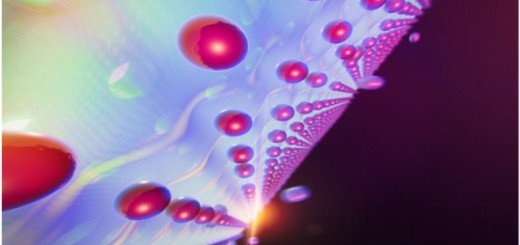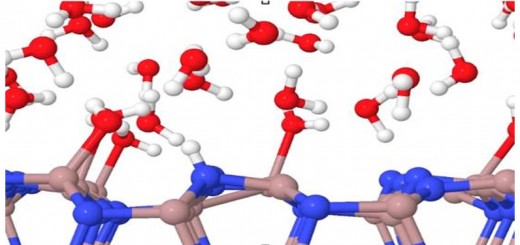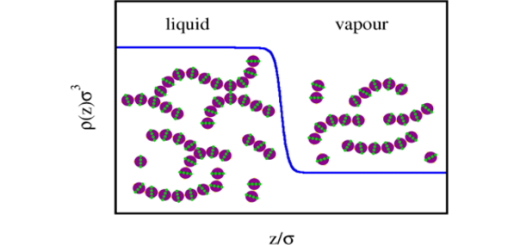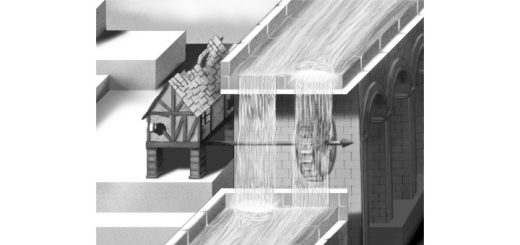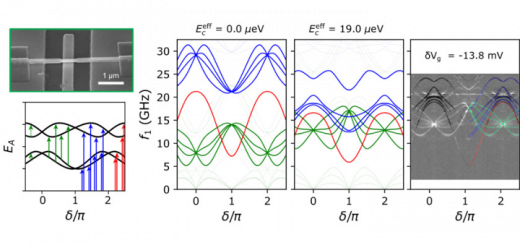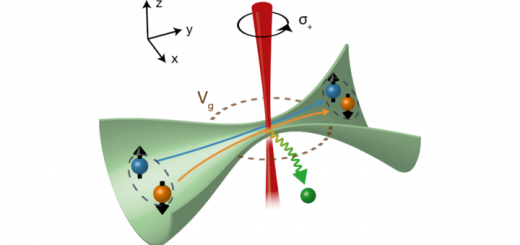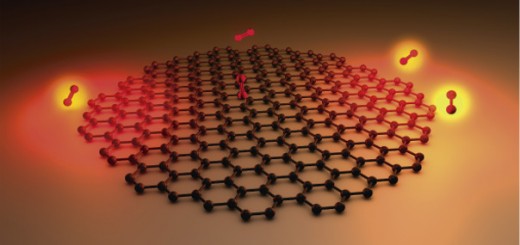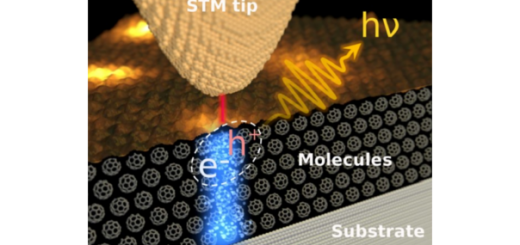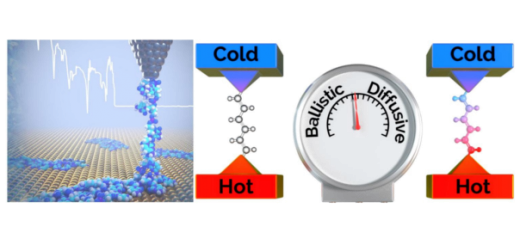Non-equilibrium Transport Theory Compared with Experiments on Single Molecular Junctions
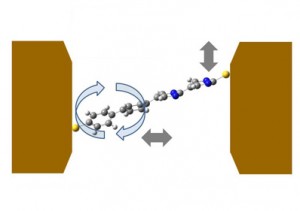 Date: Friday, 21st February 2014.
Date: Friday, 21st February 2014.
Time: 12:00h
Place: Departamento de Física de la Materia Condensada, Facultad Ciencias, Módulo 3 , Aula de Seminarios (5ª Planta).
Yoshihiro Asai (National Institute for Advanced Industrial Science and Technology (AIST), Tsukuba, Japan).
ABSTRACT:
Non-equilibrium quantum transport theory extended to include phonon transport, electron-phonon scattering effect, electron correlation effect, and heat dissipation effect has been successful to describe various experimental findings observed in single molecular junctions and atomic wires. Examples include the local heating effect, material dependence of the inelastic tunneling spectroscopy (IETS) line shape, electron correlation effect in the enhanced of rectification ratio at high bias voltage, temperature and length dependences of the electric conductance and its zero bias anomaly at very low temperature. In this talk, comparisons with the theory and experiments will be focused including physics and chemistry of molecular junctions.
The packaging of material on the inside of the protein cages can dramatically change the physical properties of both the cage and the encapsulated cargo. We are investigating the effects of molecular crowding on encapsulated enzymes and polymers, the effects of the protein cage on the surface properties of encapsulated magnetic materials, and the influence of the encapsulated cargo on the physical properties on these composite materials. We are developing a wide range of bio-inspired composite materials that integrate protein architecture with organic and inorganic synthetic components. In particular, the use of these protein cage nano-materials as targeted therapeutic and diagnostic agents and as controlled nano-reactors will be discussed.


